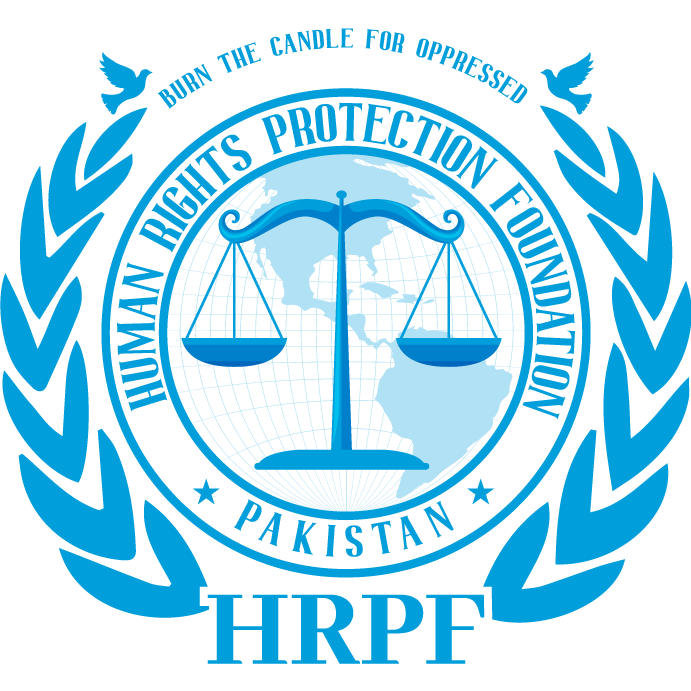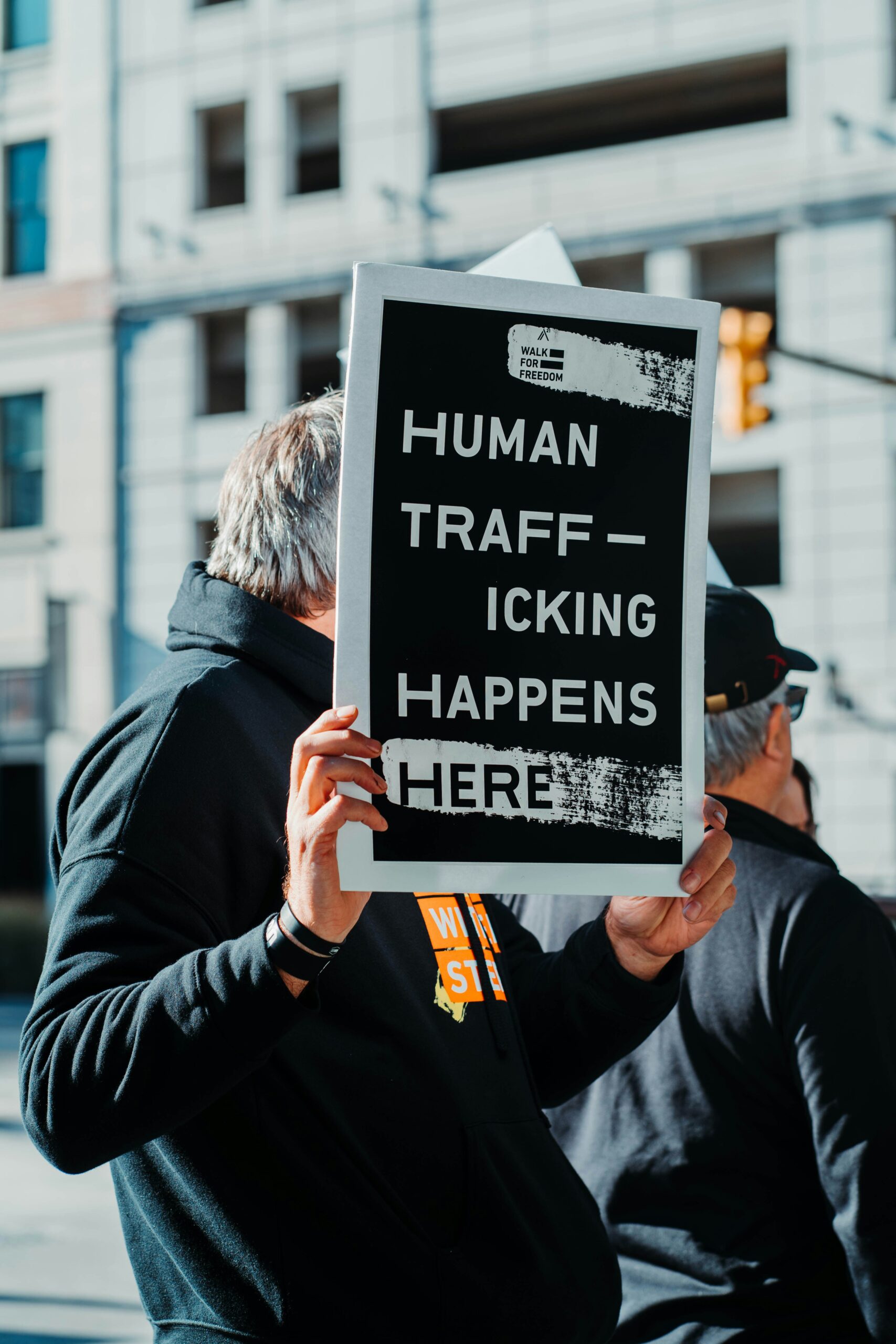
Introduction
Human trafficking has become an alarming issue in Pakistan, particularly in regions like Gujranwala Division, including Mandi Bahauddin. Hundreds of young men from this region have lost their lives in border crossings and boat accidents, while many others are suffering in foreign prisons. The root causes of this crisis lie in the country’s deteriorating economic conditions, lack of justice, and failure to rehabilitate vulnerable communities. Human traffickers have evolved into organized criminal networks, often having deep connections within government institutions.
This report presents an in-depth analysis of the causes behind human trafficking from Pakistan, its devastating consequences, and potential solutions to curb this crisis.
Causes of Human Trafficking in Pakistan
1. Economic Hardships
Pakistan’s weak economic structure is one of the primary reasons behind illegal migration and human trafficking. With rising inflation, unemployment, and limited opportunities, many young people see migration as their only hope for a better future. When legal immigration becomes impossible due to strict visa policies, they turn to human traffickers, who exploit their desperation.
2. Weak Law Enforcement and Corruption
Human trafficking networks thrive due to weak law enforcement and corruption in government institutions. Many traffickers have strong connections with officials, allowing them to operate freely. Victims often find themselves deceived, kidnapped, or abandoned in foreign lands without any support.
3. Lack of Awareness and Education
Many people in rural and underprivileged areas are unaware of the risks involved in illegal migration. Smugglers lure them with false promises of jobs and a prosperous life in Europe or the Middle East, only for them to end up in life-threatening situations.
4. Social and Cultural Pressures
In many families, there is a strong cultural expectation for men to earn well and provide for their households. When legal migration is not an option, young men take dangerous routes to fulfill societal expectations.
5. Absence of Effective Rehabilitation Programs
The government lacks concrete programs to support the poor and unemployed youth. Without financial aid, skill development, or employment opportunities, individuals are left with no choice but to risk their lives for a better future.
Consequences of Human Trafficking
1. Loss of Lives in Border Crossings and Sea Journeys
Countless young men from Mandi Bahauddin and other parts of Pakistan have died while attempting to cross borders or through fatal boat accidents. Some of the known victims include:
1.Imtiaz Ahmad s/o Zahoor Ahmad resident of Mianwal Ranjha Tehsil & District Mandi Baha ud Din.
2.Ali s/o Mukhtar Ahmad resident of Mianwal Ranjha Tehsil & District Mandi Baha ud Din.
3.Eijaz Ahmad Resident of Harya Tehsil Malakwal District Mandi Baha ud Din.
4.Sajjad S/o Nawaz Resident of Kotli Qazi District Mandi Baha ud Din.
5.Ali Hassan s/o Muhammad Afzal resident of Kuthiala sheikhan Tehsil and District Mandi Baha ud Din.
6.Hasnain s/o Muhammad Arshad resident of Kuthiala sheikhan Tehsil and District Mandi Baha ud Din.
7.Abrar Bashir s/o Bashir Ahmad resident of Maseetpur Tehsil Phalia District Mandi Baha ud Din.
8.Majid Bashir s/o Bashir Ahmad resident of Maseetpur Tehsil Phalia District Mandi Baha ud Din.
9.Arsalan Zafar s/o Muhammad Zafar resident of Majhi Tehsil Malakwal District Mandi Baha ud Din.
10.Muhammad Akram resident of Majhi Tehsil Malakwal District Mandi Baha ud Din.
11.Ehtsham resident of Seeray Tehsil Phalia District Mandi Baha ud Din.
12.Danash Rehman resident of Kassowal Tehsil Malakwal District Mandi Baha ud Din.
13.Shoaib Zafar resident of Kuthiala sheikhan Tehsil and District Mandi Baha ud Din.
14.Ehtasham Anjum s/o Zulufqar Ahmad resident of Helaan Tehsil Phalia District Mandi Baha ud Din.
15.Ayaz Ahmad s/o Muhammad Riaz resident of Helaan Tehsil Phalia District Mandi Baha ud Din.
16.Abdul Rehman s/o Muhammad Shafiq resident of Helaan Tehsil Phalia District Mandi Baha ud Din.
17.Fahad Khalid s/o Khalid Mahmood resident of Helaan Tehsil Phalia District Mandi Baha ud Din.
18.Haji Ahmad resident of Daffar Tehsil Malakwal District Mandi Baha ud Din.
19.Anas s/o Muhammad Aslam resident of Helaan Tehsil Phalia District Mandi Baha ud Din.
20.Faisal resident of Kotli Qazi District Mandi Baha ud Din.
21.Shabir Ahmad resident of Bhowa Hasan Tehsil Phalia District Mandi Baha ud Din.
MISPLACED FROM ONE YEAR
1. Ghazanfar Abbas s/o Pahle khan resident of Loyianwala Tehsil and District Mandi Baha ud Din.
2.Ali s/o Hukam Din resident of Mianwal Ranjha Teh and Dist Mandi Baha ud Din.
* Many more, whose families still mourn their tragic loss.
2. Thousands in Foreign Prisons
Many individuals attempting illegal migration are arrested in foreign countries, where they face inhumane conditions in jails. The Pakistani government has limited resources to support or bring them back.
3. Exploitation and Abuse
Those who survive the journey often fall into forced labor, sexual exploitation, or human slavery. They are stripped of their rights, passports, and dignity, making them vulnerable to extreme mistreatment.
4. Damaged International Reputation
Pakistan’s image has been severely affected by the increasing number of illegal migrants. Many developed countries have tightened visa policies for Pakistanis, making legal immigration even more difficult.
Proposed Solutions to Curb Human Trafficking
1. Strengthening Law Enforcement and Judicial System
* The government must take strict action against human traffickers and their networks, ensuring that no official supports them.
* Special courts should be set up to handle human trafficking cases with swift justice.
* The Federal Investigation Agency (FIA) and border security forces must be strengthened to detect and eliminate smuggling networks.
2. Economic and Employment Reforms
* The government should create more job opportunities and skill-based training programs, especially in rural areas.
* Investment in industries that can provide employment, such as agriculture, technology, and manufacturing, is necessary to reduce desperation-driven migration.
3. Public Awareness Campaigns
* The media, educational institutions, and NGOs should run awareness campaigns about the dangers of illegal migration.
* Victims’ families should be involved in these campaigns to warn others about the risks.
4. Legal Migration Pathways
* Pakistan should negotiate with countries to create safer, legal migration pathways for skilled and unskilled workers.
* Government facilitation for work visas and labor agreements can help reduce illegal migration.
5. Support and Rehabilitation for Victims
* The government must establish a national rehabilitation program to support returnees and their families.
* Psychological support, financial aid, and skill development programs should be introduced to reintegrate victims into society.
6. International Cooperation
* Pakistan must work with international organizations like the United Nations, Interpol, and European authorities to dismantle human trafficking networks.
* Bilateral agreements should be signed with destination countries to ensure fair treatment of detained Pakistani migrants.

The Human Rights ProtectionFoundation(HRPF) has played a crucial role in raising awareness and pressuring authorities to take action against human trafficking. The foundation has repeatedly brought this issue to the attention of high-ranking officials and published research on the matter.
HRPF Chairman, Muhammad Yusuf Muhammad Yousaf Badar , has written extensively on the subject, including in his book Sada Ba Sahara, highlighting the plight of trafficked individuals and the failure of authorities to address the crisis.
Conclusion
Human trafficking is one of the most severe crises facing Pakistan, especially in regions like Mandi Bahauddin. The combination of economic distress, weak law enforcement, and lack of legal migration pathways forces many to take life-threatening risks. Urgent reforms are needed at multiple levels, from stricter laws to economic improvements and public awareness.
The government, civil society, and international organizations must work together to eliminate this modern form of slavery and prevent further loss of lives. Failure to act now will only deepen the crisis and tarnish Pakistan’s global standing even further.
Human Rights Protection Foundation.
Www.hrpf.org


